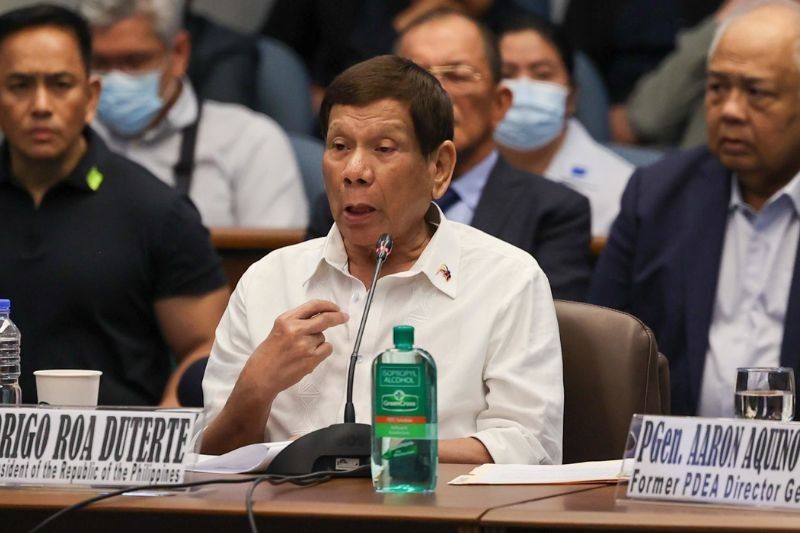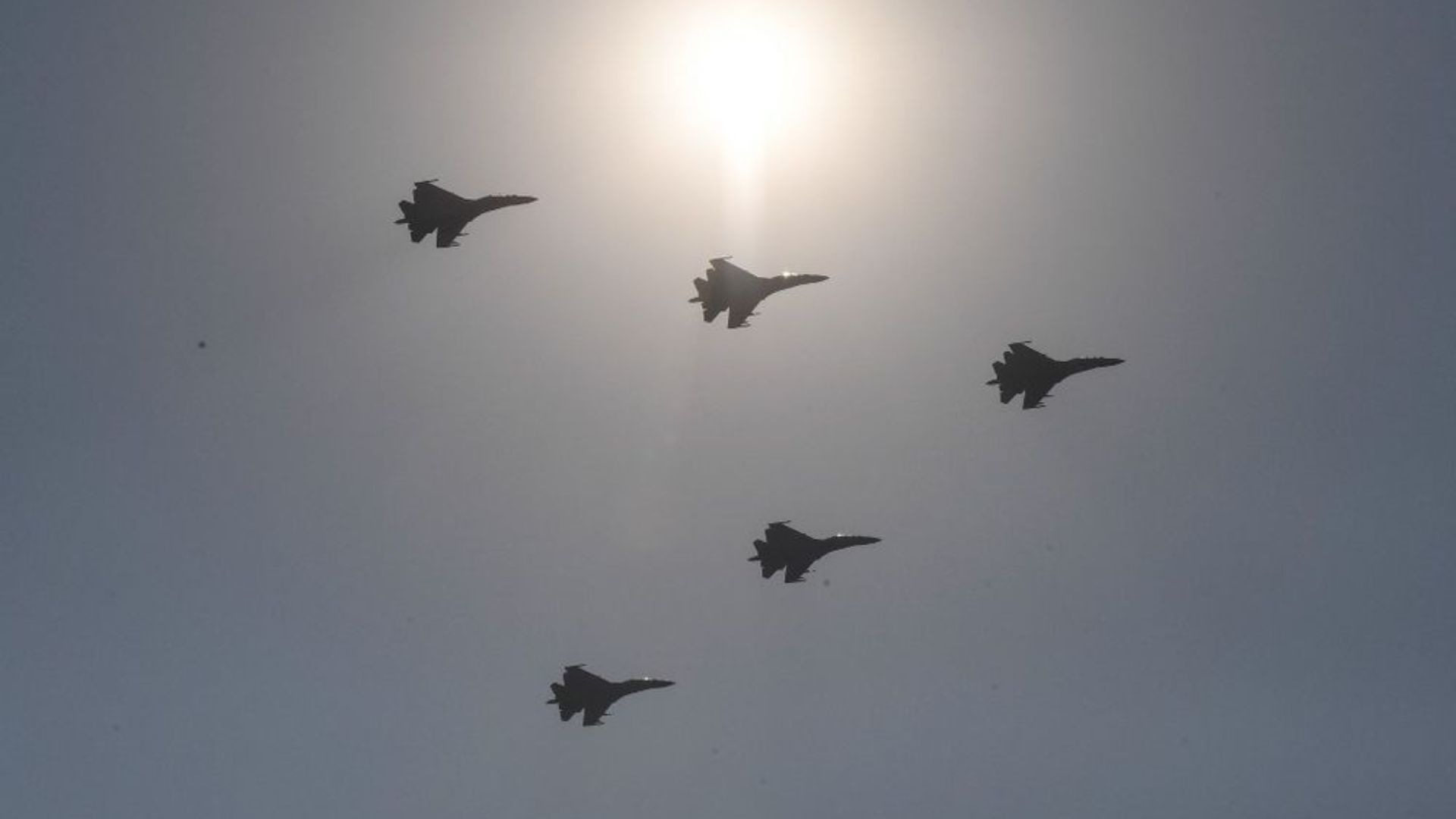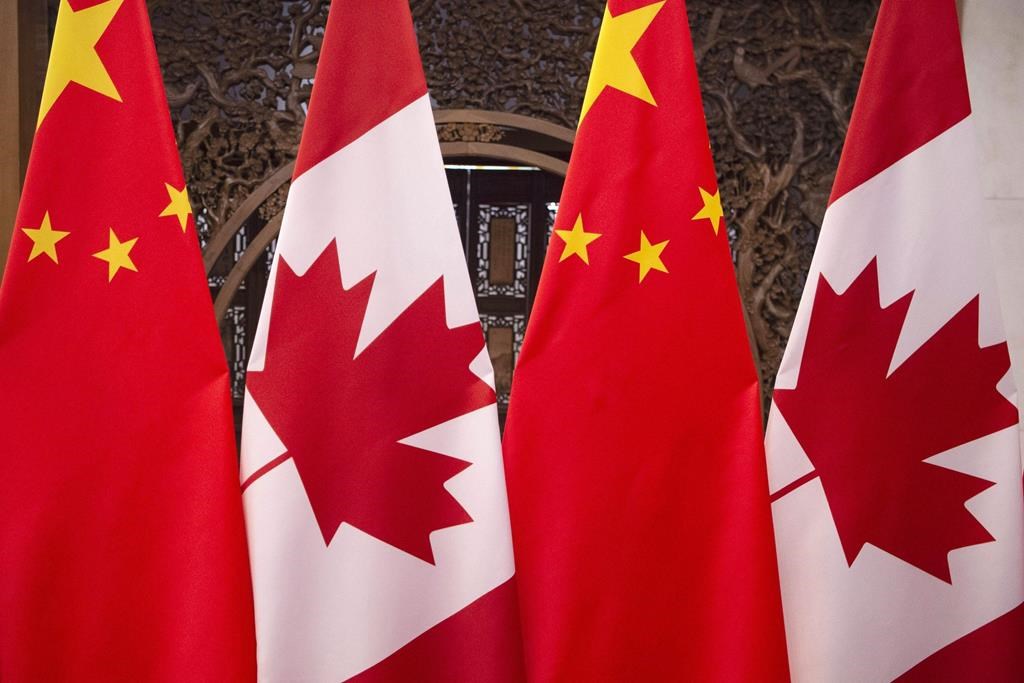Recap: Duterte’s Senate supporters oppose ICC arrest warrant.
Duterte’s Senate allies challenge the legality of his ICC arrest, raising concerns over jurisdiction and due process. Government officials defend their actions, while the Supreme Court reviews the case.

MANILA, Philippines — Tensions rose in the Senate as allies of former President Rodrigo Duterte challenged the legality of his arrest and transfer to the International Criminal Court (ICC).
Duterte’s Senate supporters questioned whether the ICC had jurisdiction over a Filipino citizen and whether the arrest warrant was lawfully executed. Justice Secretary Jesus Crispin Remulla and Interior Secretary Jonvic Remulla explained the government’s position, clarifying that while the ICC lacks jurisdiction over the Philippines as a state, it can prosecute individuals accused of international crimes.
Senator Imee Marcos criticized the government’s cooperation with Interpol in Duterte’s arrest, arguing it contradicted earlier statements from President Ferdinand Marcos Jr. that the Philippines would not engage with the ICC. She also raised concerns about whether Duterte’s surrender implied the Philippine justice system had failed.
The discussion became more heated when former Foreign Affairs Secretary-turned-Senator Alan Peter Cayetano questioned why Duterte’s cases were not handled domestically. Justice Secretary Remulla admitted that many victims of extrajudicial killings turned to the ICC due to difficulties finding justice in the Philippines, citing the lack of police records on suspicious deaths.
Debate also surrounded the legitimacy of Duterte’s arrest. Vice President Sara Duterte, speaking via video call from The Hague, insisted that a foreign court’s warrant should first be validated by a Philippine court. Legal expert Alexis Medina supported this view, emphasizing that constitutional rights should take precedence over international obligations.
Further scrutiny arose over the lack of an Interpol Red Notice, which is typically used for international arrests. Philippine Center on Transnational Crime Executive Director Anthony Alcantara clarified that while no Red Notice was issued, a Red Diffusion—a direct request between countries for an arrest—was used instead.
Senator Jinggoy Estrada questioned law enforcement officials about Duterte’s treatment during his arrest, particularly why he was denied a meeting with Vice President Sara Duterte. Police officials defended their actions, citing the presence of Duterte’s legal counsel.
Details on Duterte’s arrest remain limited as the Supreme Court reviews the case challenging the legality of his transfer to the ICC.
What's Your Reaction?












/https://tf-cmsv2-smithsonianmag-media.s3.amazonaws.com/filer_public/54/66/546650fa-26a4-40fd-8d6d-5a7a04540f81/rosetta2.png)
:max_bytes(150000):strip_icc():focal(999x0:1001x2)/robert-prevost-050825-1-39395418ab494da5a3a700c9478e66c8.jpg)















































format(webp))
format(webp))


























